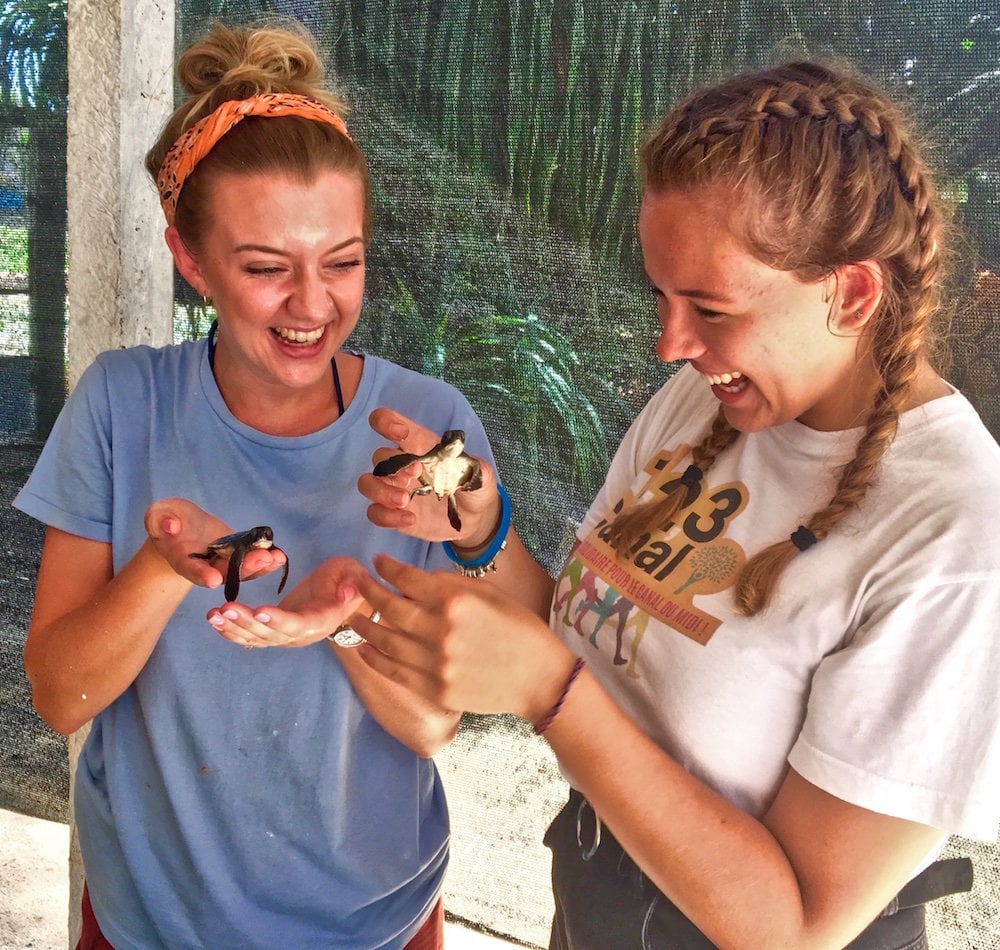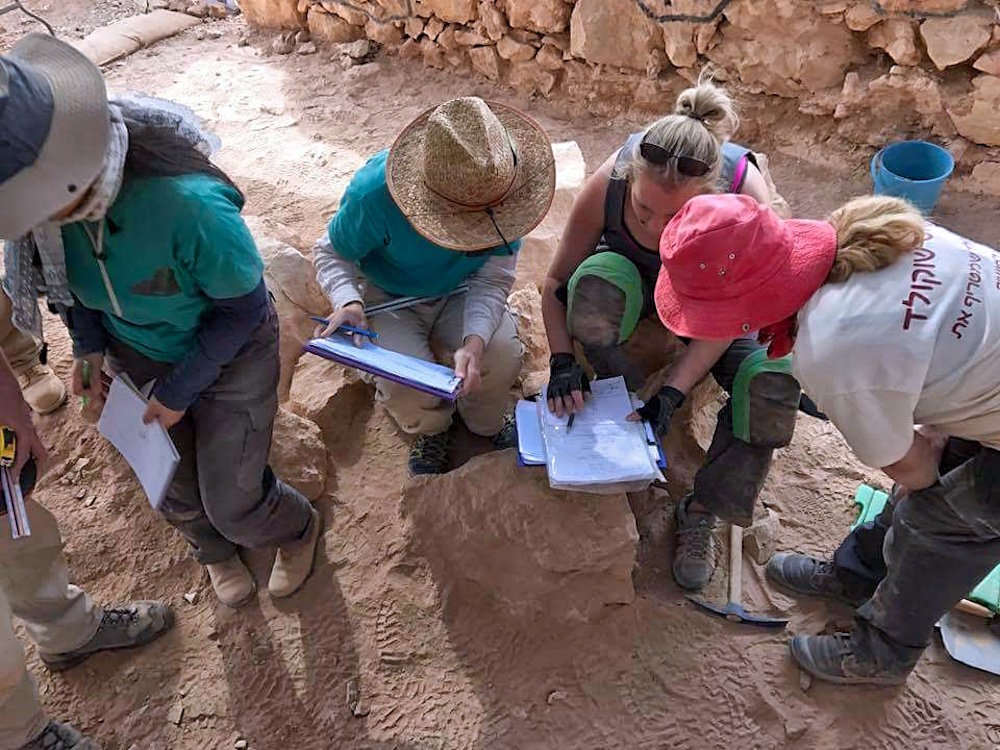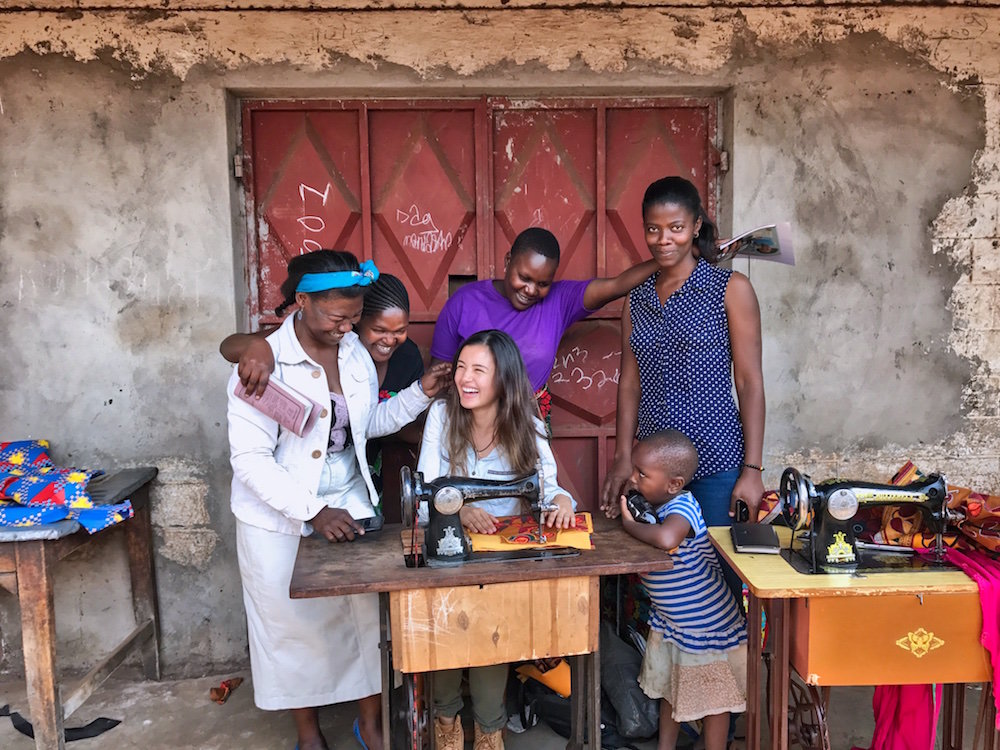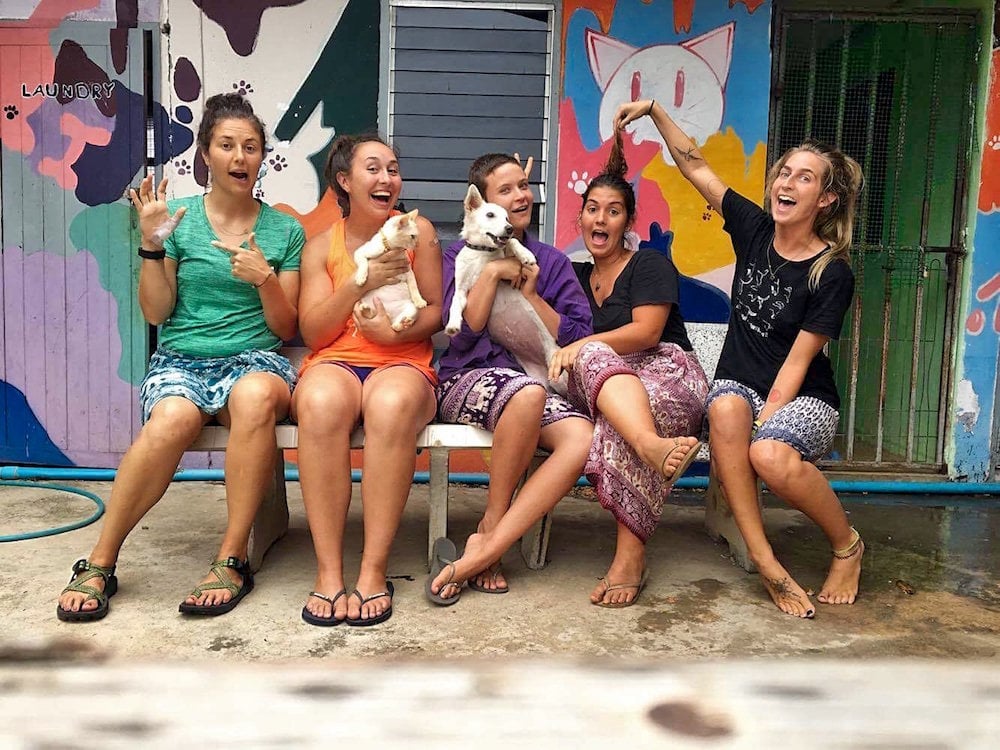How to Be a More Effective Volunteer Abroad
Before applying to join a project, learn exactly what you can do to squeeze every last drop of goodness from your placement and be responsible for having a positive and sustainable impact abroad!
Four Volunteer Organizations Share What They Look For

Volunteering abroad is all about putting your skills, passion, and enthusiasm to good use. But there’s a real difference between being a volunteer who has a valuable impact on a placement and one who has the best of intentions, but ultimately makes little difference.
We spoke with four different organizations, from small, grassroots social enterprises to large, international agencies to get their perspective on what you should know about volunteering overseas. So before applying to join a project, learn exactly what you can do to squeeze every last drop of goodness from your placement and be responsible for having a positive and sustainable impact abroad.
Be Adaptable & Ready to Face the Challenge
If there’s one skill that all the organizations we spoke with want in their prospective volunteers, it’s adaptability. “It’s really key and it’s one of the skills we’re looking for on the selection days that we hold for volunteers,” says Heloise Allan, Assistant Director of the UK-based Project Trust.
Hannah Thompson, Resourcing Advisor for Voluntary Service Overseas (VSO), an international development organization recruiting for overseas and in-country volunteering, agrees that if you’re looking to volunteer abroad, you have to be ready to deal with a new environment: “because we work in developing countries, our volunteers must be resilient, open to change, and adaptable. It can be very difficult working somewhere new, so the ability to adapt to that and be resilient in the face of challenge is important.”
Even if you’re straight out of school or college, a lack of work or life experience can actually work in your favor, as Heloise points out: “young people are naturally quite adaptable. It really stands them in good stead when they’re overseas and faced with new, challenging and different environments; they thrive on the experience and just go with it.”
Show Commitment & Determination

Being ready to overcome the challenge of a new place or experience aren’t the only attributes that set you in good stead for a volunteering placement abroad. For Emma Donlan, one of the founders of Up Close Bolivia, the volunteers who stand out are those who have “invested beforehand in their trip, [whether] learning about the country or the culture or reading the documents that we send to our volunteers”. Researching and demonstrating a clear interest in the country and the work you’ll be doing flags up your commitment and determination to actually make a difference on the ground.
For Project Trust, determination goes hand in hand with this: their selection process takes place across four-days on the Hebridean Isle of Coll in the west of Scotland and just getting to the assessment event proves a lot about the determination and mindset of the volunteer. As Heloise says “we’re not looking for young people to get dropped off, parents to escort them on the ferry; they need that initial independence to get here.”
Understand How to Communicate
Knowing how to speak to people in new and different circumstances and learn about your new environment is another skill to focus on when volunteering abroad. For Project Trust, they seek volunteers who “have an inquisitive mind, ask questions, and are interested in what’s around them; these are the ones who tend to really get the most of out of the experience.”
Hannah from VSO agrees that a large part of volunteering is getting to know and learn from those around you. Volunteering isn’t about “going out and saving the world; it’s about making connections with people, whether that’s other volunteers or the community that you’re working with.”
"Working with our partners is not always simple, so volunteers need to be able to think positively and to be humane and sensitive," says Melissa.
These communication skills and being able to identify with people from different backgrounds can be more important than anything else, according to Melissa Wong Oviedo, Program Manager for Latin American Foundation For the Future (LAFF), an organization based in Peru. She says “working with our partners is not always simple, so volunteers need to be able to think positively and to be humane and sensitive. [These are] important skills when working with the local projects, children and the other volunteers, all of whom come from very different backgrounds, levels of education and life experience.”
Asking the right questions, being able to put others at ease and arriving without preconceptions can go a long way in allowing you to establish meaningful - and effective - working relationships when abroad.
Demonstrate Openness to Learning

Volunteering can be a great opportunity to gain new skills and life experience, as many projects offer training and support to help you prepare before you start. What’s more, arriving with a sponge-like mindset where you’re ready to learn from every new situation will see you absorbing all the more from your time abroad.
Project Trust, for example, vet their volunteers during selection to identify each individual's strengths so that they can be assigned to a placement that is both “fulfilling for them and where they can contribute to the communities they’ll be working in.” Volunteers who are picked for the program then participate in an intensive, four-day training program where they learn professional and personal skills to help prepare them for the different challenges of their placements.
“The most important thing about a volunteer is their mindset and them thinking ‘what can I learn and what can I give?’"
As much as they want ‘individuals who demonstrate skills of communication and collaboration, resilience, leadership, self-confidence and awareness’ according to their website, they’re also looking for those who are ready to learn. As Heloise says, “when they come up to us we’re not expecting them to be brilliant at all five. We’re looking for potential.”
For Up Close Bolivia, seeing volunteering as a learning journey is the utmost way of getting the best from a placement. “The most important thing about a volunteer is their mindset and them thinking ‘what can I learn and what can I give?’ We don’t want to hear them say ‘oh I did this for the community’; we’re interested in the effect [that volunteering has] had on them as that’s in their control.” Being able to reflect on your experiences and use them in the future, whether they encourage you to pursue a career in international development or make you more aware of global issues, is as important as the legacy that you leave in the community.
Use Insight to Match Your Skills to a Project

Give yourself the chance to hit the ground running as a volunteer by finding a placement that matches abilities you’ve honed at college or in previous work experience but still provides enough of a challenge for you to learn and grow along the way.
Regardless of how experienced you may be in a certain field, a sensitive awareness that a new context requires different solutions is important too. Emma from Up Close Bolivia cautions those who come with professional expertise from being too ready to implement what has worked in other countries: “it’s wonderful when we do have professional volunteers but we want them to come in gently and start by observing how things work already to first understand the context. What we don’t want is volunteers coming and imposing a model or a way of working that isn’t appropriate to the cultural context.” Doing this well as a volunteer requires insight into your own skills and the needs of the community or volunteer placement.
Have Awareness of the Types of Programs that can Actually Make an Impact

Regardless of your skillset, it’s important to recognize which types of projects aren’t having a positive impact in the developing world. Hannah from VSO cautions against certain placements, such as a those that “put people who are marginalized and at risk at further risk.” By being aware of how projects that work with vulnerable people (or animals) can actually have a negative impact, you can ensure that you’re contributing to sustainable development -- not working with exploitative organizations.
Emma from Up Close Bolivia also wants volunteers to consider their time commitment. “To be an effective volunteer, you need to invest time and the longer you have to get to know our community, the better. For us, we’re not in a hurry to bring about change; we want sustainable change.”
Let’s face it: a one-week stint of volunteering might fit neatly into your vacation plans, but is it enough time to settle into a role and make a meaningful contribution towards a project? Probably not, so supercharge your impact by committing to as long as possible and don’t stop there: continue supporting the cause when you return home, either by promoting the organisation to friends and family or by aiding them financially with fundraising events.
How to Make an Impact on Your Volunteer Abroad Experience
To be an effective volunteer is as much about the attitude and mindset you take into the placement as the “work” skills you bring with you.
There are plenty of ways you can prepare for the experience, from reading up on the country and organization and embracing training, to demonstrating awareness of the ethical issues surrounding different types of projects. But ultimately, approaching your time abroad with a desire to learn will both enrich the positive, sustainable impact that you have and ensure that the experiences you take away last far beyond the end of your trip.
